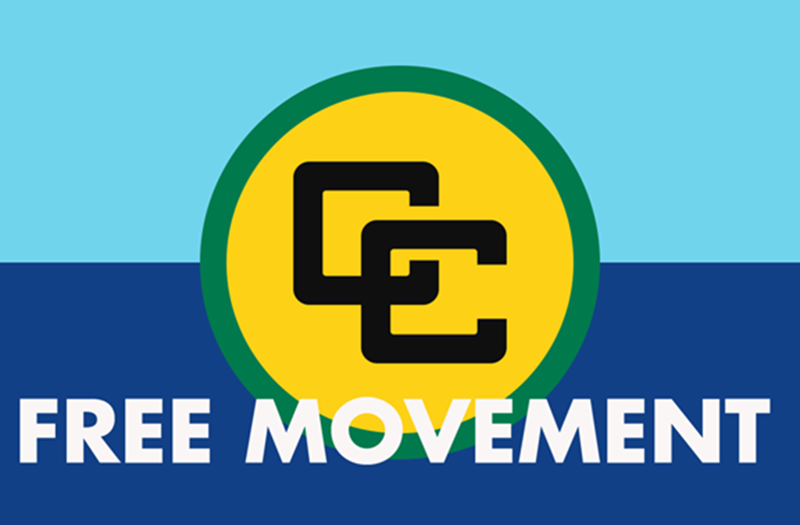Four Caribbean Nations Set Free Movement October 1 Deadline
In a landmark move that could reshape the Caribbean’s economic landscape, St. Vincent and the Grenadines has joined three other CARICOM nations in implementing an ambitious free movement agreement starting October 1, 2024.
Prime Minister Ralph Gonsalves announced that St. Vincent, alongside Barbados, Belize, and Dominica, will grant unprecedented mobility rights to their nationals under an enhanced cooperation framework within the Caribbean Community (CARICOM).
“Participating member states will among themselves grant their nationals the right to enter, leave, and re-enter; move freely; reside; work; and remain indefinitely in the receiving member state without the need to obtain a residency permit or a work permit,” Gonsalves declared during the announcement.
This represents a dramatic expansion from current arrangements, where even skilled workers face bureaucratic hurdles when seeking employment across Caribbean borders. The agreement effectively creates a mini-Schengen zone in the Caribbean, allowing citizens of these four nations to treat each other’s territories as extensions of their home countries.
The initiative goes beyond mere labor mobility. Citizens will gain access to fundamental services that have traditionally been reserved for nationals, marking a significant step toward true regional integration.
“Access to primary and public secondary education, access to emergency healthcare, and primary healthcare services provided by the government within the means and capacity of the receiving member state,” Gonsalves outlined, emphasizing the comprehensive nature of the agreement.
This provision addresses long-standing concerns about social services access that have historically complicated regional migration, particularly for families with children or individuals requiring medical care.
The October rollout represents the culmination of a gradual expansion that began with a narrow focus on university graduates. “The categories have been expanded over time from just university graduates at first to people with associate degrees and now involve technically skilled people with vocational qualifications, agricultural workers, domestics, or pretty much everybody,” Gonsalves explained.
This evolution reflects changing economic realities across the Caribbean, where labor shortages in sectors ranging from tourism to agriculture have created demand for workers at all skill levels.
Gonsalves said there was a problem with complete free movement for everybody at this time; however, Article 45 in the revised Treaty of Chaguaramas says the goal is free movement. Article 46 states that achieving this goal will occur in stages,” highlighting the pragmatic approach being taken.
The October rollout in these four countries is expected to serve as a crucial pilot program for full free movement across the 15-member CARICOM bloc. Success could accelerate similar agreements with other member states, while challenges could inform adjustments to the broader integration agenda.
“The participating member states have agreed that the requisite legislative, security, and administrative measures to support the free movement of their nationals would be undertaken to permit the same by October the 1st,” Gonsalves confirmed, indicating that significant behind-the-scenes preparation is underway.



